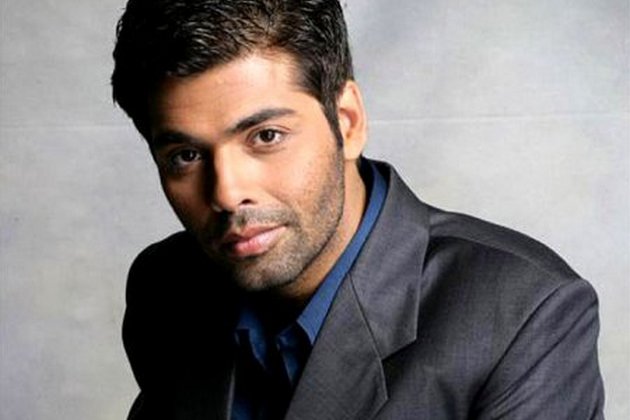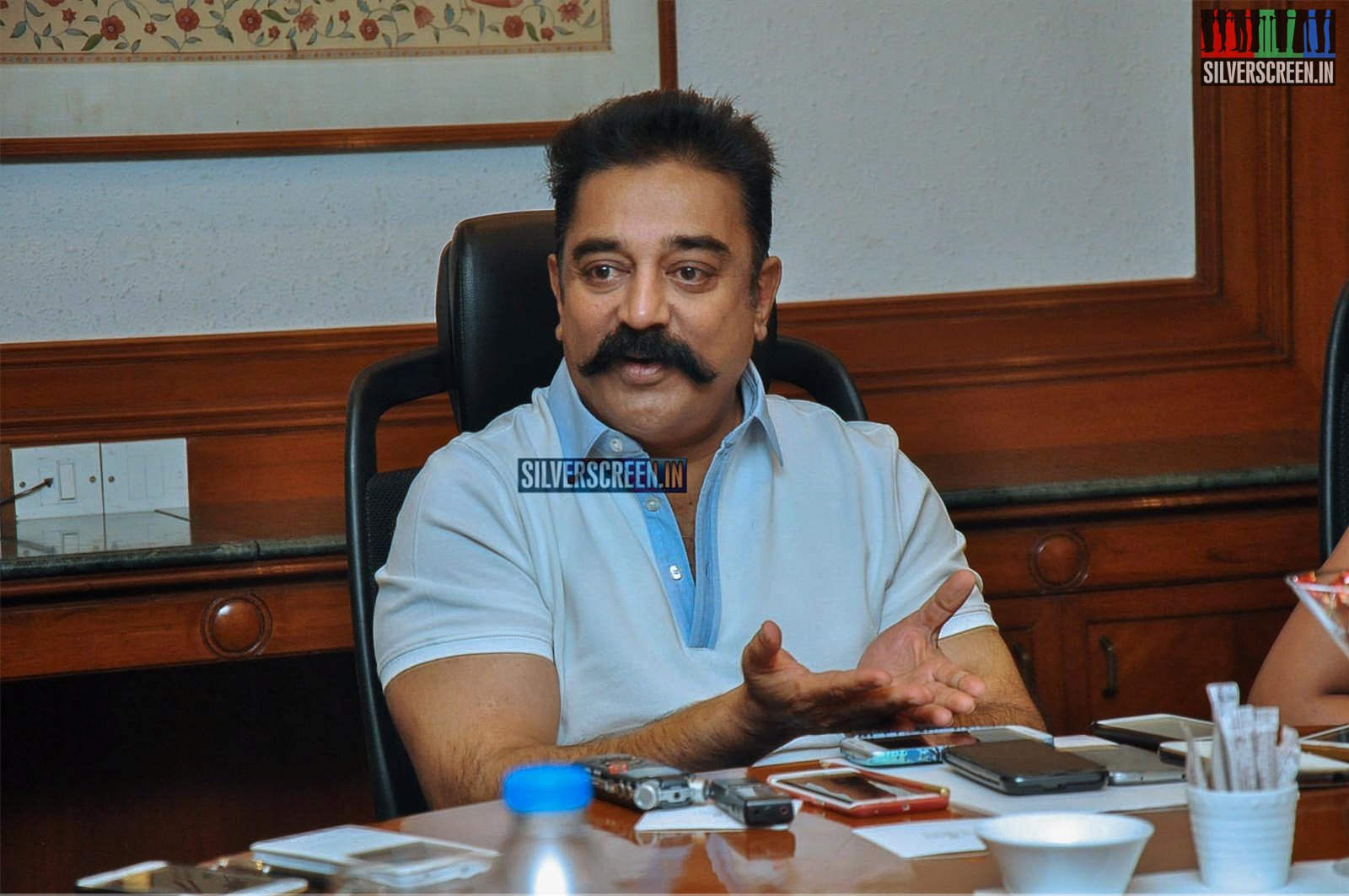At a recent media interaction organised by Indian Express, film maker Karan Johar spoke about how Indian cinema has changed over the decades.
“The audience had moved on from the positive and effervescent lover boy of Dilwale Dulhania Le Jayenge. The brooding and flawed persona is preferred, as it is how people are, in normal life,” he said, referring to the audience growing cynical of the old-fashioned idea of love. “Cinema in the ’90s was always slightly melodramatic, theatrical and aspirational. Rahul was created in the ’90s. He is the aspirational lover boy to the generation who grew up watching those movies. Today, he’s a lot more scarred, lot more grey. He makes more mistakes, he falters, he fumbles. He apologises for his mistakes. He’s not as heroic as Shah Rukh Khan’s arm-wide-open moments of romance. He’s flawed” he said.
While on the topic, he also spoke about his 2006 film Kabhi Alvida Naa Kehna, which dealt with infidelity issues. He admitted that it left people shocked, given his films till then had been about family values and candyfloss love. “When I attempted Kabhi Alvida Naa Kehna in 2006, I didn’t realise I was opening a Pandora’s box. People were thinking, is this the person who made Kabhi Khushi Kabhie Gham… It’s all about loving your parents? And then Kabhi Alvida Naa Kehna was about leaving your wife. A day before that film’s release, I went to watch it at a preview. I walked in and there was a lady and her daughter. And her daughter was weeping copiously. The woman came up to me and said, ‘My daughter’s husband left her, and it’s been very traumatic. And I took her out to see a Hindi film to change her mood, and this is what you have made!’. It was Alvida to Kabhi Alvida Naa Kehna” he said.
Recommended
Talking about the dominance of digital media, Karan Johar compared it to a troubled child. “Film makers should concentrate on the quality of writing in their films to give a better output,” he said. He complained that film makers were not keen on paying their writers as much as they want to pay their actors. “Right now, cinema is a troubled child. Budgets have to be controlled, content and writers have to be empowered. We write really poorly. Our problem is that we want to pay actors and directors a lot of money, and not pay the writer. Writing is the soul of the film. No director can go beyond a poor screenplay.” he said.


